“Boy Scouts Get Big Money From Corporations Despite Anti-Gay Policy,” (PDF) February 2012, American Independent
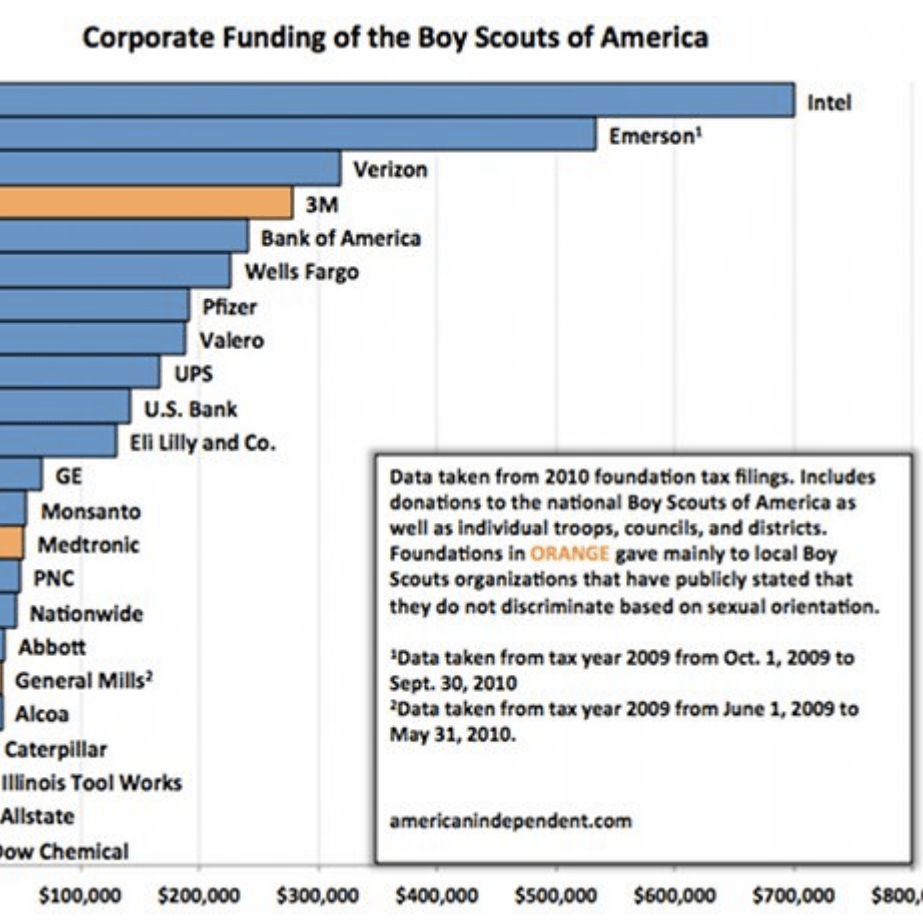
This report was instrumental in persuading the Boy Scouts of America to allow openly gay members. The discrepancy between corporate anti-discrimination policies and the Boy Scouts ban on LGBT scouts and leaders led corporations to halt funding. In the year following the report, Intel, UPS, Disney, Lockheed Martin, IBM, Merck and Company, and 11 other corporate sponsors ended charitable giving. A year later, in 2013, the Scouts lifted the ban on gay and bisexual scouts, and in 2015, the scouts lifted the ban on LGBT leaders. Advocates for inclusive scouting called the reporting pivotal in ending anti-LGBT discrimination in the Boy Scouts.
“Republicans propose repeal of fair pay laws for women,” February 2011, Minnesota Independent
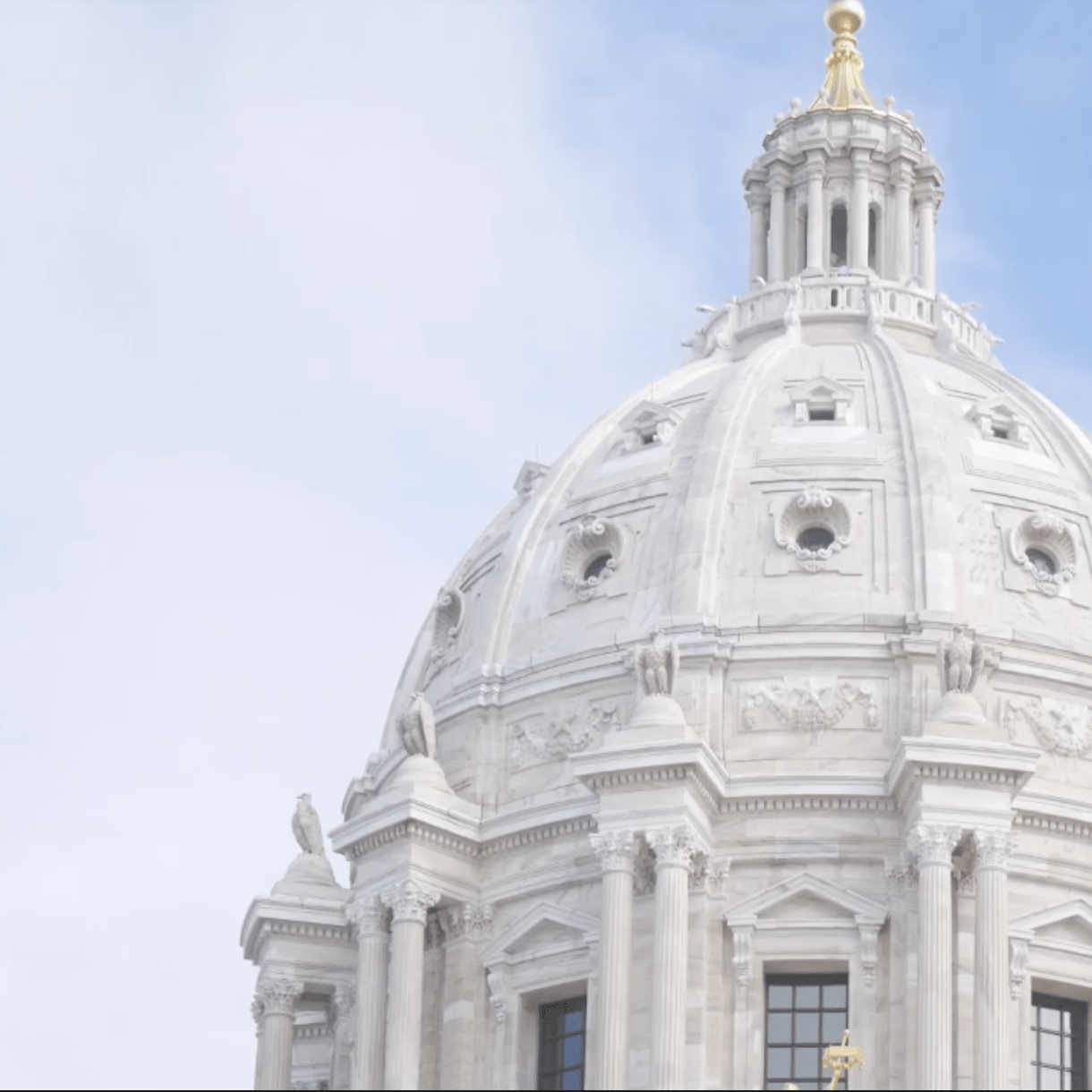
This report broke the story about the inclusion of a repeal of the Pay Equity Act, a measure ensuring fair pay for women in government jobs, in a broader bill repealing mandates. In response to the report, the bill’s author, former Rep. John Carlson, apologized for the inclusion of the repeal and struck the language from the bill. The report was picked up by a wide variety of newspapers that editorialized on the bill, including the Bemidji Pioneer, the St. Cloud Times, the Berkshire (Mass.) Eagle, and the Minneapolis Star Tribune.
“Dozens of Christian schools win Title IX waivers to ban LGBT students,” December 2015, The Column
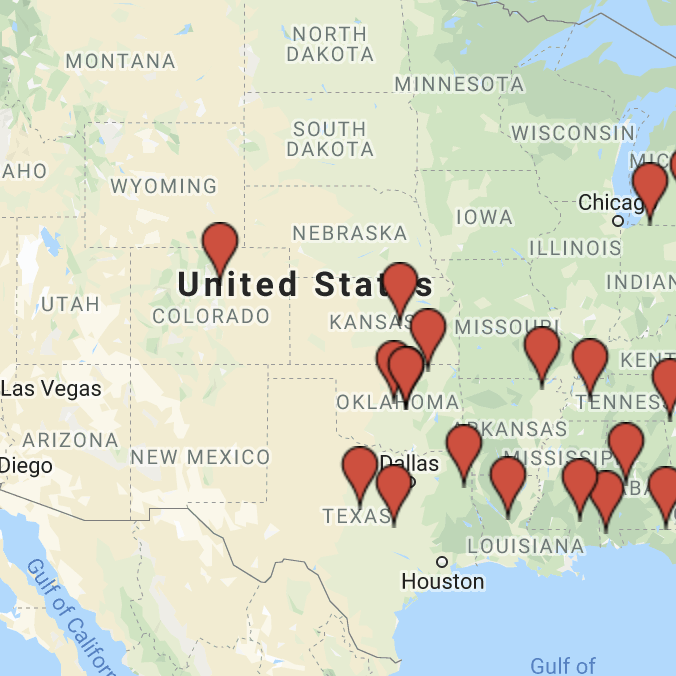
Using data from a Freedom of Information Act request, this article highlighted dozens of Christian schools who had applied for — and received — a waiver from Title IX from the U.S. Department of Education. Those waivers spelled out the schools’ intention to discriminate against LGBT students while also taking federal funding. This report led to protests around the country at these college campuses and led to a successful effort by Sen. Al Franken, a Democrat from Minnesota, to get the Department of Education to publicly list the schools that applied for waivers.
“Discrimination against LGBT jurors remains legal,” May 2012, American Independent
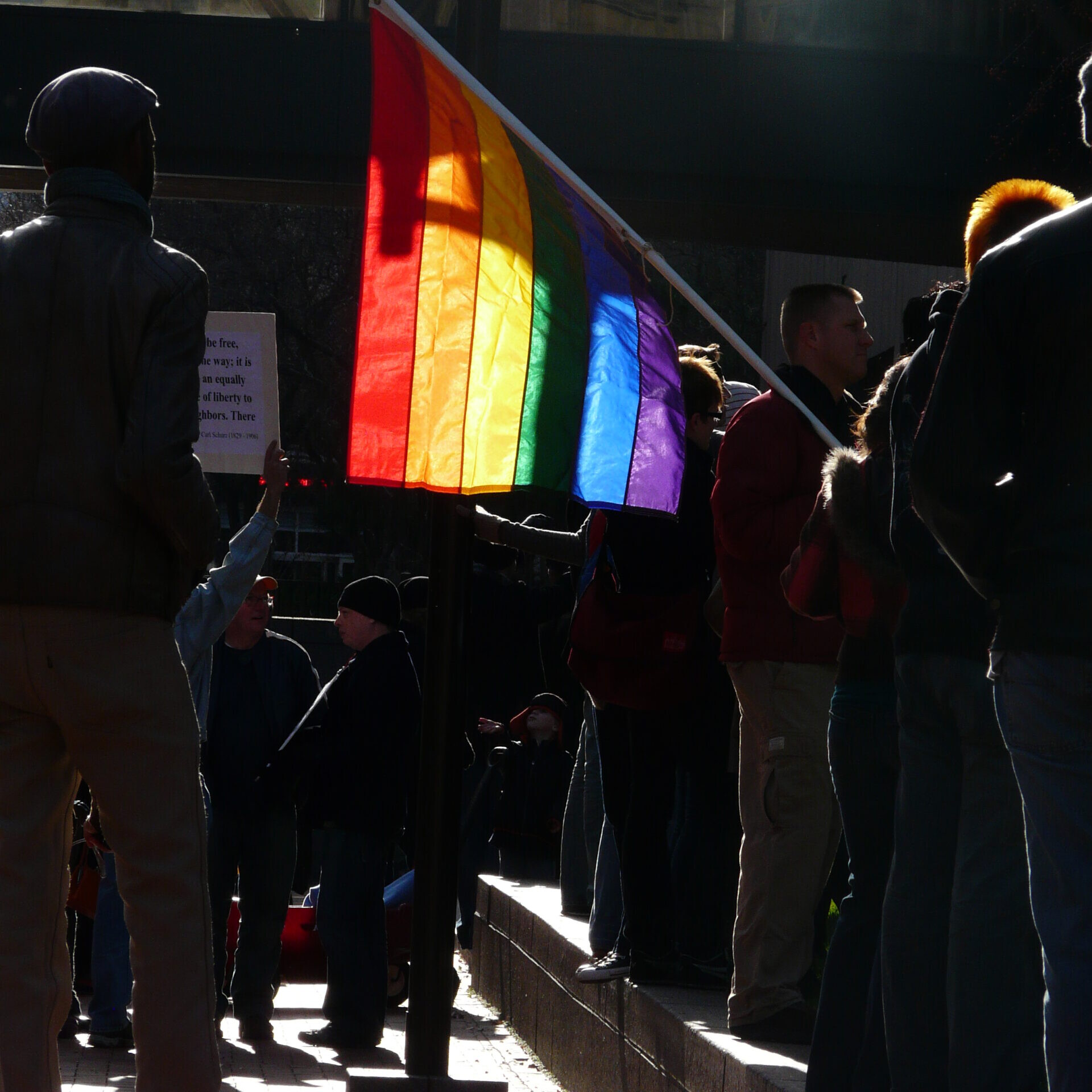
Using data from court cases around the country, I uncovered a pattern of prosecutors not only dismissing LGBT potential jurors, but often-times engaging in stigmatizing, homophobic, and transphobic language. This report spurred members of Congress to introduce legislation to add sexual orientation and gender identity to the list of protected categories for jury service. In addition, a half-dozen states passed laws barring such discrimination based on this reporting.
“Anoka-Hennepin schools’ long history in the culture war,” August 2011, Minnesota Independent
“Following suicides, Anoka-Hennepin community presses school board for change,” October 2010, Minnesota Independent
“Anti-gay group organizes in Anoka-Hennepin schools as community deals with gay suicides,” August 2010, Minnesota Independent
“Anoka-Hennepin schools dig in on anti-LGBT policy as lawsuit, federal investigation start,” July 2011, Minnesota Independent
For more than a year, I followed the spike in suicides in Minnesota’s largest school district and the contentious issues surrounding the Anoka-Hennepin district’s “neutrality policy,” which prohibited teachers from talking about sexual orientation. A federal investigation was been opened into problems at the district, and a pair of national groups filed suit against the school over the policy, a lawsuit which included multiple facts first reported in this series of articles.
“Turning anti-gay hate into love with a Loring Park memorial to Joel Larson” June 2014, The Column
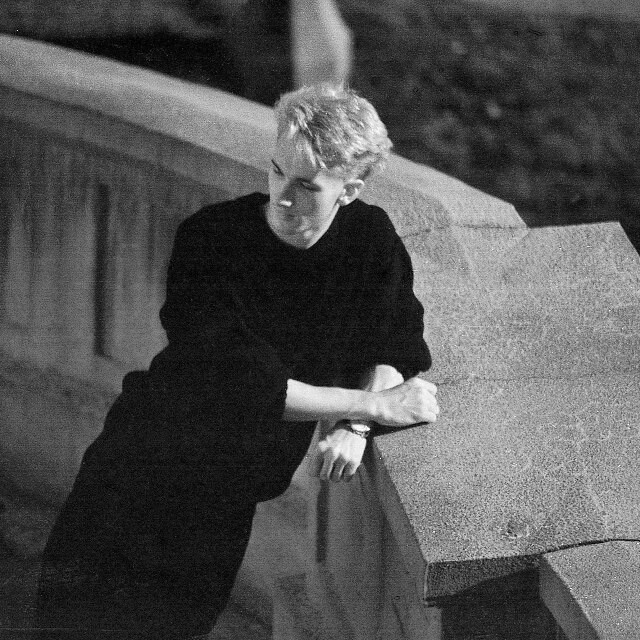
This piece took a journey into a dark chapter in Minneapolis’ history and how friends and family of a murdered young man worked to turn that darkness of the past into light and love in the present.
This project for the Minnesota AIDS Project told the story of the life-changing work of the organization’s housing programs, and the resiliency of folks who use those programs.
I served as lead storyteller in this 9-part series about Minneapolis’ adoption of Ranked Choice Voting.
Storytelling
ClientVariousServicesStorytelling, Journalism, Reporting, VideoYear2006-present

